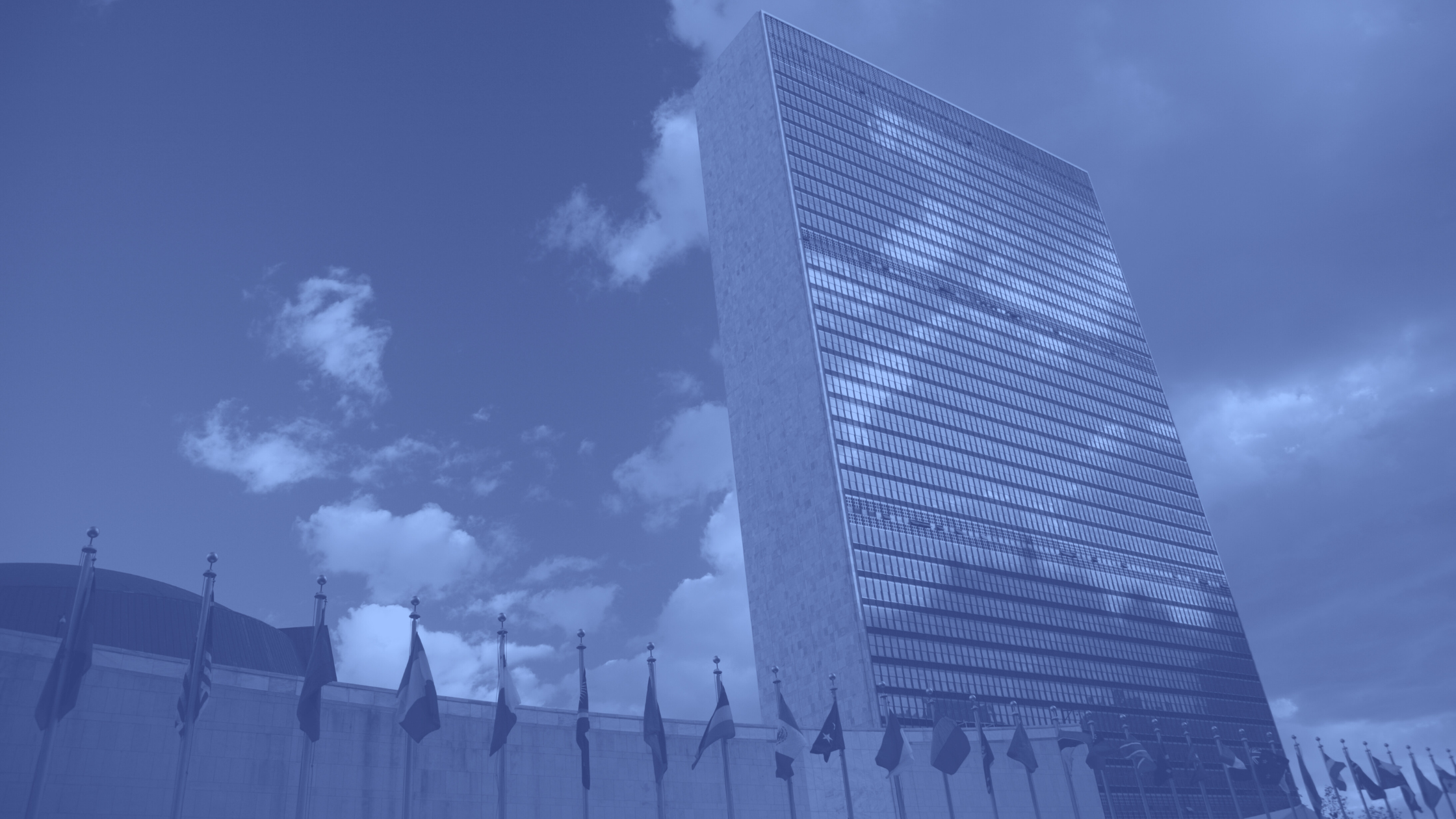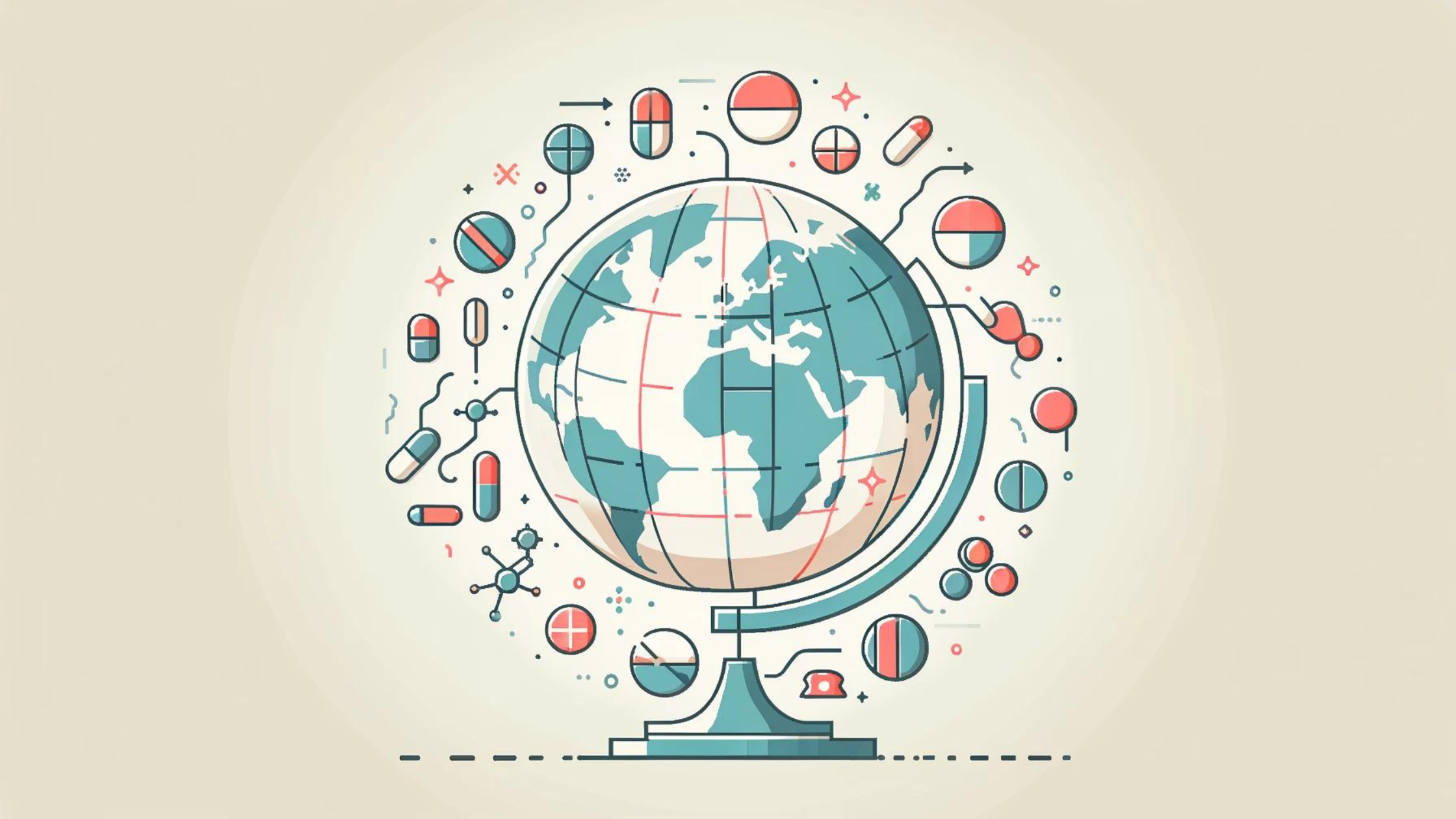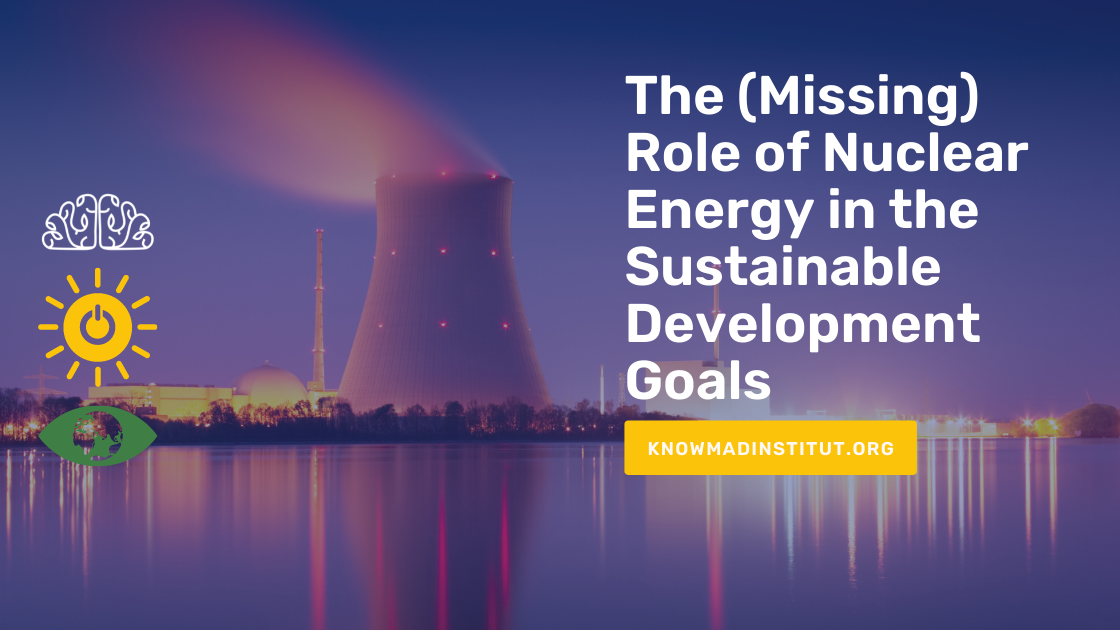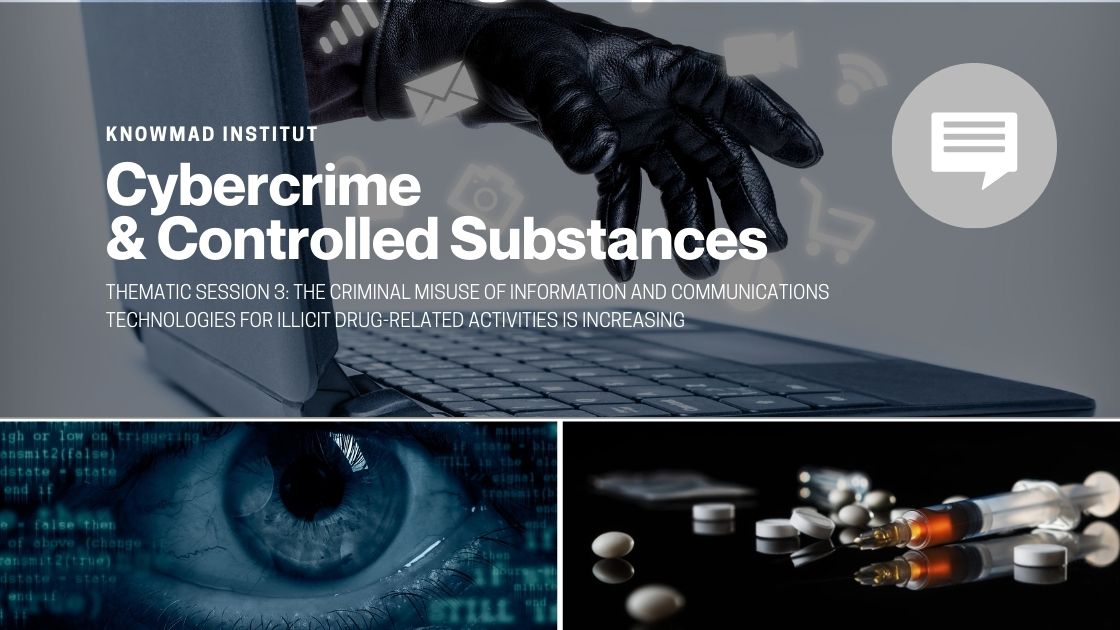
Improving Cybersecurity While Safeguarding Human Rights
Discover how cybersecurity contributes to safeguarding human rights with recommendations from the Knowmad Institut to the UN Ad Hoc Committee on Cybercrime.

Discover how cybersecurity contributes to safeguarding human rights with recommendations from the Knowmad Institut to the UN Ad Hoc Committee on Cybercrime.


At the dawn of the digital era, artificial intelligence (AI) emerges as a transformative force in academia, promising unprecedented levels of personalization and efficiency in education. Yet, this transformation demands a careful balance between technological innovation and ethical principles. The Knowmad Institut emphasizes the critical need for an ethical framework that aligns AI application with intellectual responsibility and originality. This piece reflects our commitment to ethical creativity in AI tools’ deployment, adhering to COPE guidelines and the JMSHRS editorial practices. Join us as we explore the promise and ethical challenges of AI in education, advocating for transparent, responsible use that enhances rather than replaces the educational experience. How do you envision the future of AI in education and its role in academic content creation?

Nuclear science and technology are used in many countries to help meet development objectives in areas including energy, human health, food production, water management and environmental
protection. The focus of this paper will be on energy and specifically how nuclear energy fits into SDG 7 (Affordable and clean energy) and relates to SDG 13 (Climate action).
The Sustainable Development Goals (SDGs) were adopted by the United Nations in 2015 as a universal call to action to end poverty, protect the planet, and ensure that all people enjoy peace and
prosperity by 2030.
Sustainable Development Goal 7, Affordable and clean energy, aims to “Ensure access to affordable, reliable, sustainable and modern energy for all”, with a focus on developing countries.
This goal classes “renewable” technologies to be sustainable, while excluding nuclear energy. The term “renewable” usually includes unsustainable, high carbon biofuel. From a policy point of view, it is
a problematic term. According to multiple scientific bodies, nuclear energy is clean, reliable and is needed to transition away from fossil fuels in order to combat climate change. No country in the world
has been able to decarbonise its electricity sector without having either nuclear energy or – where available – substantial hydro or geothermal energy as part of the energy mix.
SDG 13, Climate action, focuses on lowering greenhouse gas emissions and adaptation to climate change. This goal does not mention nuclear energy. Significant research has shown that in the
absence of suitable hydro or geothermal resources, decarbonisation aims are not achieved without nuclear energy. These issues will be discussed in this paper.
Objective: To assess whether nuclear energy should be included in SDGs 7 and 13, and consider the reasons for its current exclusion.

COMMISSION ON NARCOTIC DRUGS THEMATIC SESSIONS ON THE IMPLEMENTATION OF ALL INTERNATIONAL DRUG POLICY COMMITMENTS, FOLLOWING-UP TO THE 2019 MINISTERIAL DECLARATION, 19-21 OCTOBER 2021
THEMATIC SESSION 3: THE CRIMINAL MISUSE OF INFORMATION AND COMMUNICATIONS TECHNOLOGIES FOR ILLICIT DRUG-RELATED ACTIVITIES IS INCREASING

The Knowmad Short Film Festival is a creative endeavor of the European Institute for Multidisciplinary Studies of Human Rights & Science – Knowmad Institut aligned to share and apply the experiences of communities and individuals, solve problems and generate opportunities in a resilient and contextual way.
The goal is to transform information into knowledge. The festival seeks to promote SDGs 10, 16, and 17.
We are Knowmads (Knowledge-Nomads): creative, imaginative, innovative and collaborative people who use technology to build bridges and work with anyone who promotes human dignity, anywhere and anytime to make this world a better place.
At the Knowmad Institut we strive to give voice and actions to Human Dignity and Human Rights in public and private policies.

Discover how cybersecurity contributes to safeguarding human rights with recommendations from the Knowmad Institut to the UN Ad Hoc Committee on Cybercrime.


At the dawn of the digital era, artificial intelligence (AI) emerges as a transformative force in academia, promising unprecedented levels of personalization and efficiency in education. Yet, this transformation demands a careful balance between technological innovation and ethical principles. The Knowmad Institut emphasizes the critical need for an ethical framework that aligns AI application with intellectual responsibility and originality. This piece reflects our commitment to ethical creativity in AI tools’ deployment, adhering to COPE guidelines and the JMSHRS editorial practices. Join us as we explore the promise and ethical challenges of AI in education, advocating for transparent, responsible use that enhances rather than replaces the educational experience. How do you envision the future of AI in education and its role in academic content creation?

Nuclear science and technology are used in many countries to help meet development objectives in areas including energy, human health, food production, water management and environmental
protection. The focus of this paper will be on energy and specifically how nuclear energy fits into SDG 7 (Affordable and clean energy) and relates to SDG 13 (Climate action).
The Sustainable Development Goals (SDGs) were adopted by the United Nations in 2015 as a universal call to action to end poverty, protect the planet, and ensure that all people enjoy peace and
prosperity by 2030.
Sustainable Development Goal 7, Affordable and clean energy, aims to “Ensure access to affordable, reliable, sustainable and modern energy for all”, with a focus on developing countries.
This goal classes “renewable” technologies to be sustainable, while excluding nuclear energy. The term “renewable” usually includes unsustainable, high carbon biofuel. From a policy point of view, it is
a problematic term. According to multiple scientific bodies, nuclear energy is clean, reliable and is needed to transition away from fossil fuels in order to combat climate change. No country in the world
has been able to decarbonise its electricity sector without having either nuclear energy or – where available – substantial hydro or geothermal energy as part of the energy mix.
SDG 13, Climate action, focuses on lowering greenhouse gas emissions and adaptation to climate change. This goal does not mention nuclear energy. Significant research has shown that in the
absence of suitable hydro or geothermal resources, decarbonisation aims are not achieved without nuclear energy. These issues will be discussed in this paper.
Objective: To assess whether nuclear energy should be included in SDGs 7 and 13, and consider the reasons for its current exclusion.

COMMISSION ON NARCOTIC DRUGS THEMATIC SESSIONS ON THE IMPLEMENTATION OF ALL INTERNATIONAL DRUG POLICY COMMITMENTS, FOLLOWING-UP TO THE 2019 MINISTERIAL DECLARATION, 19-21 OCTOBER 2021
THEMATIC SESSION 3: THE CRIMINAL MISUSE OF INFORMATION AND COMMUNICATIONS TECHNOLOGIES FOR ILLICIT DRUG-RELATED ACTIVITIES IS INCREASING

The Knowmad Short Film Festival is a creative endeavor of the European Institute for Multidisciplinary Studies of Human Rights & Science – Knowmad Institut aligned to share and apply the experiences of communities and individuals, solve problems and generate opportunities in a resilient and contextual way.
The goal is to transform information into knowledge. The festival seeks to promote SDGs 10, 16, and 17.
We are Knowmads (Knowledge-Nomads): creative, imaginative, innovative and collaborative people who use technology to build bridges and work with anyone who promotes human dignity, anywhere and anytime to make this world a better place.
At the Knowmad Institut we strive to give voice and actions to Human Dignity and Human Rights in public and private policies.
Download Book
Join our newsletter to get the latest updates on our initiatives and explore the world of open science and human dignity. Don’t miss out on insights and stories that drive positive change globally. Subscribe now!
CC BY-NC 4.0 // 2024 | Knowmad Institut gemeinnützige UG (haftungsbeschränkt) Grimnitzer Str. 11 – 16247 Joachimsthal | Register Nr. HRB 14178 FF (Frankfurt Oder district court)